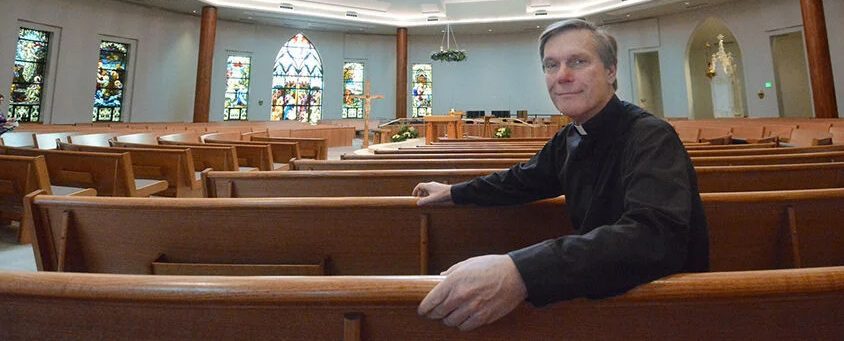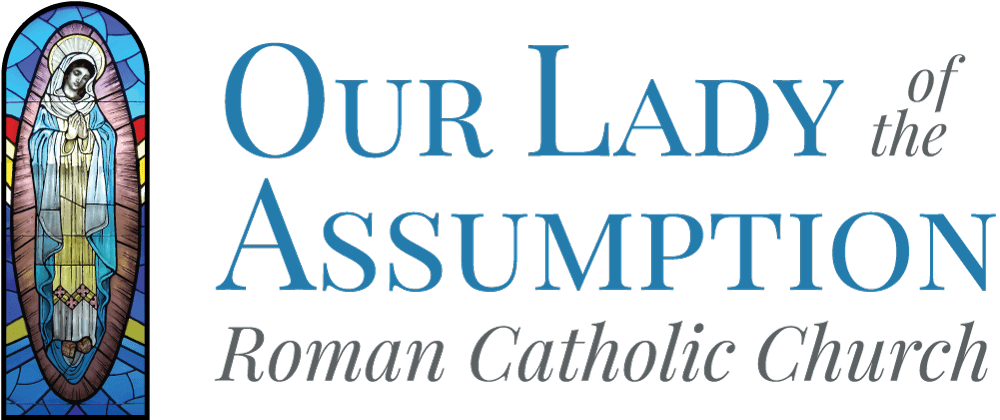On June 18, our liturgical ministers gathered for an evening of prayer and formation. Father Patrick Butler, pastor of St. Edward’s in Clifton Park, offered a powerful reflection on the meaning of ministry and the transforming grace of the Eucharist.

Father Patrick Butler delivered a rich and deeply theological reflection focused on the sacred nature of liturgical ministry and the Eucharist. Drawing from his personal journey and the prayers of the Mass, he called all present to recognize not only their responsibility as ministers, but their divine identity and calling in Christ.
Core Themes:
1. Ministry Is a Reflection of Christ
Fr. Butler began by thanking liturgical ministers—lectors, Eucharistic ministers, altar servers, ushers, and parish volunteers—for being the hands, voices, and hearts of Christ. He reminded them that ministry is not merely duty, but participation in Christ’s mission to love and serve.
“Let us remember that our ministry is not just a responsibility, it is a sacred privilege. We are called to be another Christ.”
2. The Forgotten Prayer: Sharing in Christ’s Divinity
He reflected on the quiet prayer said when a drop of water is added to wine:
“May we come to share in the divinity of Christ who humbled himself to share in our humanity.”
Many people have never noticed this prayer, but Fr. Butler emphasized it as a core truth: we are called to share in the divine life of Christ.
3. The Structure of the Mass Reveals God’s Grace First
Reflecting on the old Latin Mass and the Saint Joseph Daily Missal, Fr. Butler explained how the Church’s liturgy begins not with sin, but with God’s goodness and joy.
“The Mass doesn’t start with us—it starts with God.”
Only after proclaiming God’s mercy and love do we acknowledge our own sinfulness.
4. The Offertory: Offering Ourselves in Union with Christ
He invited the assembly to rethink the offertory not as symbolic ritual but as a real self-offering:
- We offer ourselves to God
- In union with Christ’s sacrifice
- For the salvation of the world
“If we’re not changed when we’re here to be sent back out there, then we’re missing something.”
5. Bread and Wine Represent the Community
Bread and wine are chosen because:
- They are made from many parts (grains of wheat, grapes)—just like the Church
- They symbolize sacrifice and transformation (wheat is crushed, grapes are pressed)
“They no longer bring bread and wine to Mass, but they bring the equivalent—our lives, our sacrifice.”
6. The Consecration: We Die and Rise with Christ
Fr. Butler drew on writings from a leading Catholic theologian to describe the consecration not just as a change in bread and wine, but a transformative moment for us:
“In the offertory, we present ourselves. In the consecration, we die with Him. Through communion, we rise with Him.”
He emphasized that we must not attend Mass passively but enter fully into this mystery—offering our lives to be changed and sent.
7. The Mass Sends Us on Mission
The final challenge was clear:
“Go in peace to love and serve the Lord” isn’t a dismissal—it’s a commission.
We are sent out to be the presence of Christ in the world, having been nourished, challenged, and transformed.
Closing
Father Butler’s talk was both catechetical and pastoral—rooted in Eucharistic theology, rich in personal insight, and filled with inspiration. He called ministers to recognize their dignity, reflect deeply on their identity as “another Christ,” and allow the Mass to transform them into vessels of grace in the world.
“We offer ourselves in union with Christ—for the salvation of the world.”

